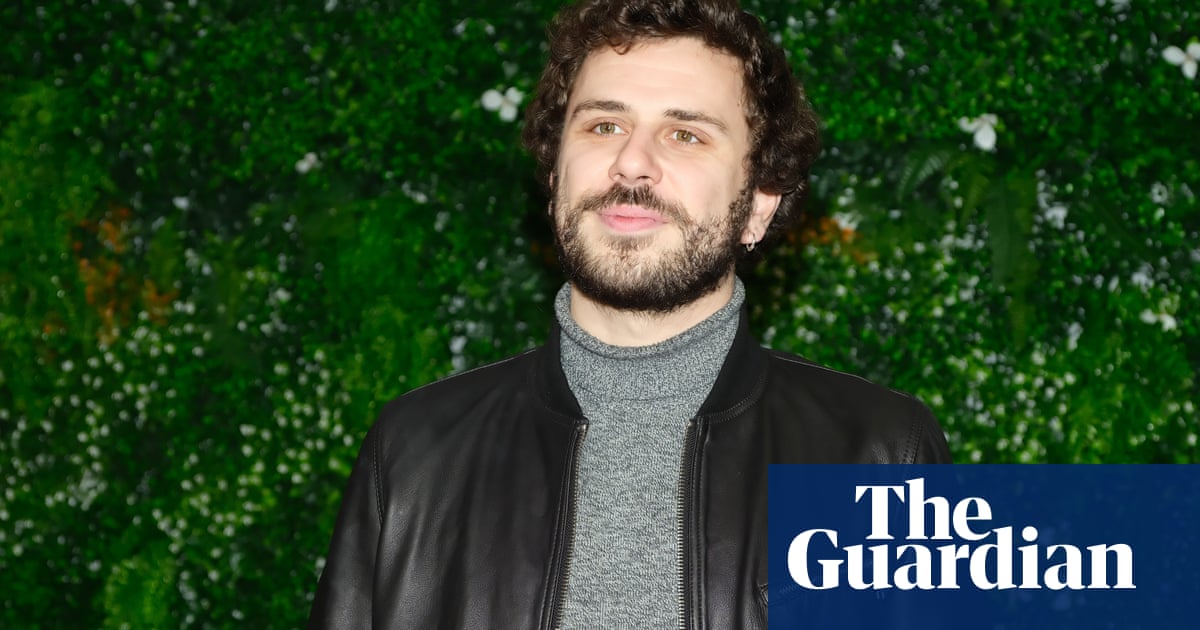Cannes Film Festival Bars Actor Over Sexual Assault Allegations
Cannes Film Festival prohibits actor Théo Navarro-Mussy from attending premiere due to ongoing sexual assault allegations, marking a notable shift in festival policy.
Subscribe to unlock this story
We really don't like cutting you off, but you've reached your monthly limit. At just $5/month, subscriptions are how we keep this project going. Start your free 7-day trial today!
Get StartedHave an account? Sign in
Overview
French actor Théo Navarro-Mussy has been banned from the Cannes Film Festival premiere of 'Case 137' due to ongoing sexual assault allegations against him. Although the case was dropped, the allegations from three women are being appealed, influencing this unprecedented decision at the festival. Cannes director Thierry Fremaux stated that the ban is a reflection of evolving norms in response to the #MeToo movement. This incident follows the recent conviction of actor Gérard Depardieu for sexual assault, signaling Cannes’ increased awareness of these issues.
Report issue

Read both sides in 5 minutes each day
Analysis
- Cannes Film Festival has barred actor Théo Navarro-Mussy from the premiere of 'Case 137' due to ongoing sexual assault allegations, marking a notable shift in the festival's stance towards such accusations in the #MeToo era.
- The decision reflects a growing acknowledgment within the film industry of the need to address allegations of sexual misconduct, aligning with recent changes in cultural attitudes towards accountability.
- Although Navarro-Mussy has denied the allegations and the original case was dropped due to lack of evidence, the festival's choice suggests that the status of ongoing investigations is sufficient reason for exclusion.
Articles (3)
Center (2)
FAQ
Théo Navarro-Mussy was banned from the Cannes Film Festival due to ongoing sexual assault allegations, despite the case being dismissed earlier in 2025. The plaintiffs are planning to file a civil suit, and the festival management decided not to provide a platform for him in consideration of the allegations and the plaintiffs' rights.
This decision reflects the Cannes Film Festival's new stance on sexual misconduct, aligning with the #MeToo movement. The festival has made it clear that they will not provide a platform for individuals accused of sexual or sexist violence, as stated by director Thierry Fremaux.
The criminal case against Théo Navarro-Mussy was dismissed in 2025 due to insufficient evidence. However, the plaintiffs are planning to file a civil suit following the dismissal.
History
- This story does not have any previous versions.

